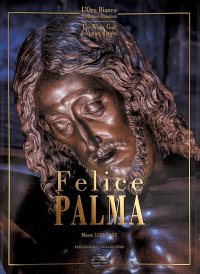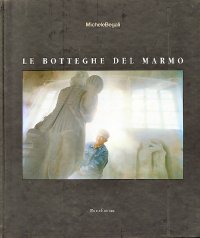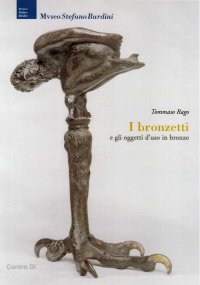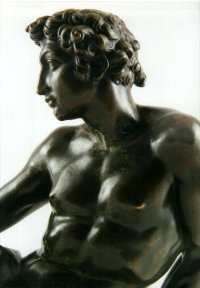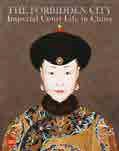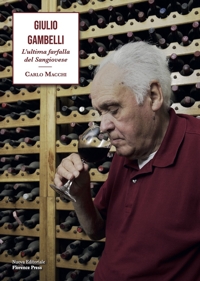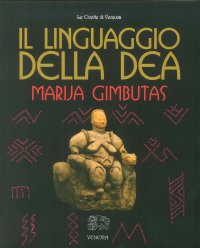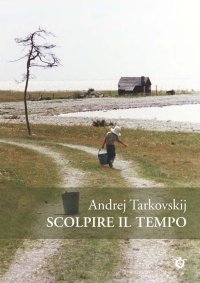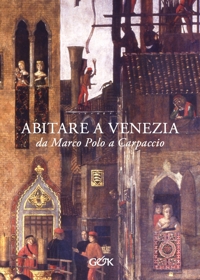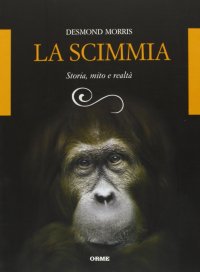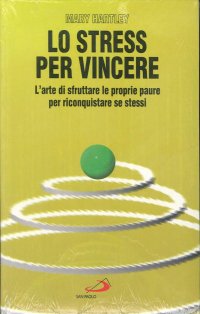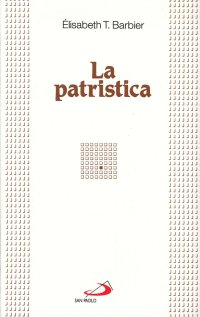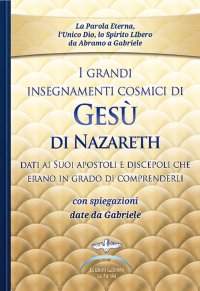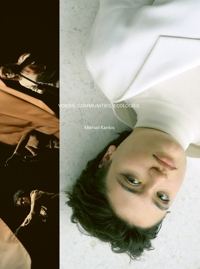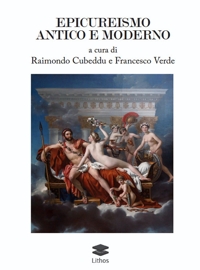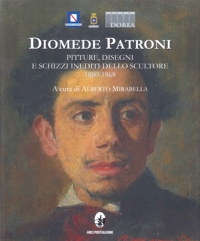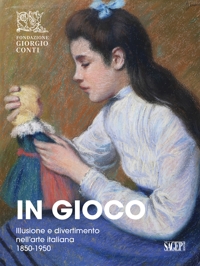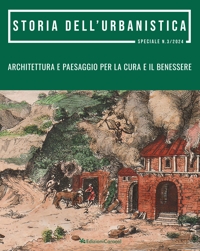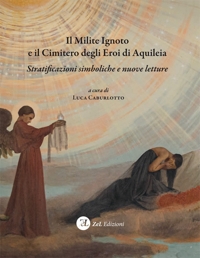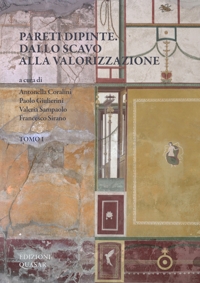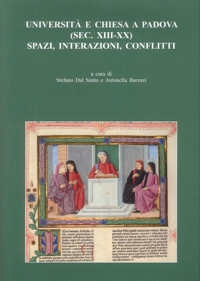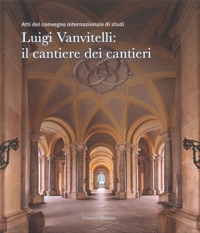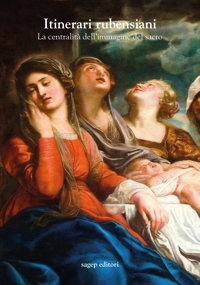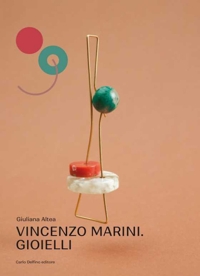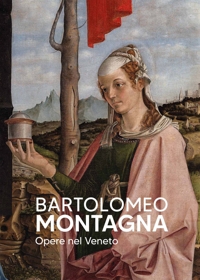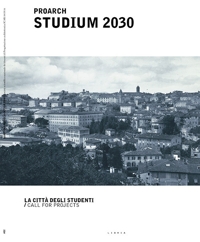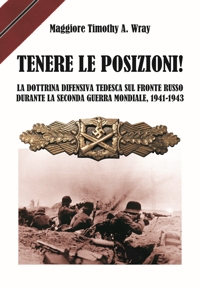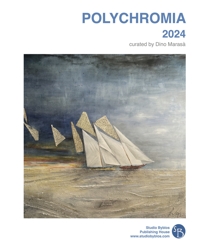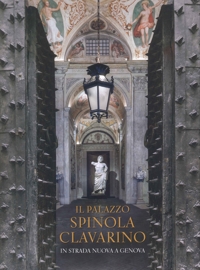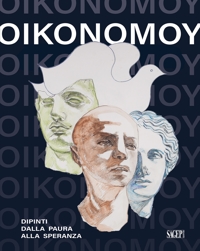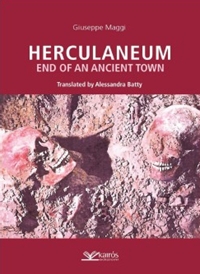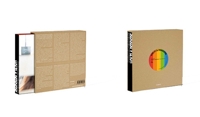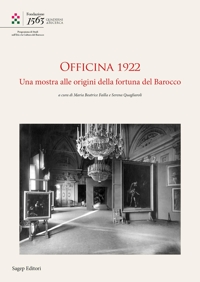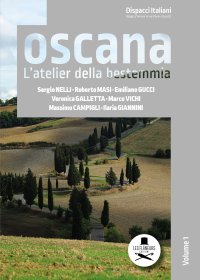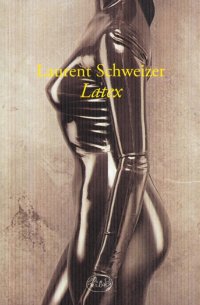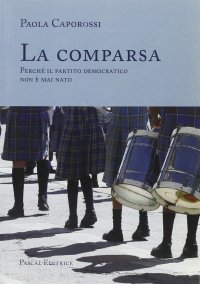Felice Palma. Massa 1583-1625. Collezione / Collection.
Testi di Andrei Cristina, Ciarlo Nicola, Federici Fabrizio, Claudio Casini e Sara Ragni.
Testo Italiano e Inglese.
Pontedera, 2024; ril. in cofanetto, pp. 289, ill. b/n e col., tavv. b/n e col., cm 24,5x34.
(L'Oro Bianco. Straordinari Dimenticati. The White Gold Forgotten Masters).
prezzo di copertina: € 160.00
|
Libri compresi nell'offerta:
Felice Palma. Massa 1583-1625. Collezione / Collection.
Testi di Andrei Cristina, Ciarlo Nicola, Federici Fabrizio, Claudio Casini e Sara Ragni.
Testo Italiano e Inglese.
Pontedera, 2024; ril. in cofanetto, pp. 289, ill. b/n e col., tavv. b/n e col., cm 24,5x34.
(L'Oro Bianco. Straordinari Dimenticati. The White Gold Forgotten Masters).
OMAGGIO (prezzo di copertina: € 160.00)
Le botteghe del marmo
Testo Italiano e Inglese.
Ospedaletto, 1992; ril., pp. 153, 10 ill. b/n, 60 ill. col., cm 24x29.
(Immagine).
OMAGGIO (prezzo di copertina: € 34.49)
Museo Stefano Bardini. I Bronzetti e gli Oggetti d'Uso in Bronzo
A cura di Nesi A.
Firenze, 2009; br., pp. 191, 102 ill. b/n, 7 ill. col., cm 17x24,5.
(Museo Stefano Bardini).
OMAGGIO (prezzo di copertina: € 30.00)
Bronzetti e Rilievi dal XV al XVIII Secolo
Bologna, 2015; 2 voll., ril. in cofanetto, pp. 729, ill., tavv. col., cm 21,5x30,5.
OMAGGIO (prezzo di copertina: € 90.00)
The Forbidden City. Imperial Court Life in China
Skira
Monaco, Grimaldi Forum, 14 luglio - 10 settembre 2017.
A cura di Danielle Elisseeff, Jean-Paul Desroche, Wang Yuegong e Lyiong Liu.
Testo Inglese e Francese.
Milano, 2017; ril. in tela, pp. 320, 300 ill. col., cm 22,5x28,5.
ISBN: 2-37074-056-6 - EAN13: 9782370740564
Soggetto: Arti Decorative (Ceramica, Porcellana, Maiolica),Arti Grafiche (Disegno, Incisione, Miniatura),Oreficeria (Argento, Gemme, Gioielli, Oro),Pittura,Saggi (Arte o Architettura),Scultura,Tessuti (Arazzi, Tappeti, Ricami)
Periodo: 1400-1800 (XV-XVIII) Rinascimento,1800-1960 (XIX-XX) Moderno
Testo in: 

Peso: 1.64 kg
The Forbidden City is one of the most impressive palace complexes, and the world's most popular tourist venue; built between 1406 and 1420, it became the cradle of power for the Manchu dynasty for almost three centuries.
The book will highlight different aspects of Qing life (1644-1911), the last imperial dynasty, and will endeavour to discover the personality of the Chinese emperors through selected works and writings. As the "Son of Heaven", the emperor was an all-powerful being and the nation's military, religious and cultural leader. Readers will discover items linked to these different functions, among them portraits, ceremonial costumes, furniture, precious objets d'art and scientific instruments, some of which are ranked as "national treasures".
Mauro Mancini € 30.40
€ 32.00 -5 %
Etica Coniugale. Per un Rinnovamento della Morale Matrimoniale
In gioco. Illusione e divertimento nell'arte italiana 1850-1950
Proarch Studium 2030. La città degli studenti/Call for projects
Officina 1922. Una Mostra alle Origini della Fortuna del Barocco






